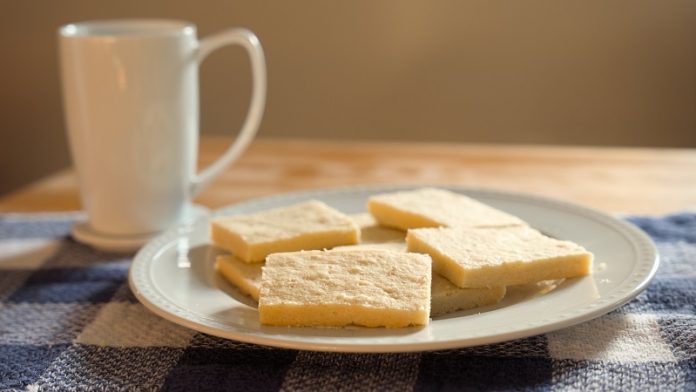
Shortbread is a much-loved treat, especially in Scotland, where it’s a local favorite.
But for people who are lactose intolerant or follow a vegan diet, finding a good butter alternative for baking can be tricky.
Vegan butters often don’t behave like dairy butter, and that can make cookies come out too soft, too dry, or just not quite right.
That’s exactly what puzzled Juliane Simmchen and her research team at the University of Strathclyde.
When one of their Ph.D. students, who is vegan, brought in some dairy-free butter for baking, Simmchen noticed it didn’t look or feel like regular butter.
Curious, the team decided to test vegan butter in the lab—using science to find the best one for baking shortbread.
They chose three different vegan butters with different fat levels and tested how each one handled heat and texture.
After that, they baked shortbread cookies using each butter and organized a taste test with dozens of volunteers.
The results were clear: the vegan butter with the highest fat content made the best shortbread. The cookies came out closest to the traditional version—crispy, crumbly, and golden.
The lower-fat versions didn’t bake as well. One dough was too soft and made cookies that tasted doughy and weren’t liked by the testers.
Regular dairy butter usually has about 80% fat, and that turns out to be the sweet spot for baking. So if you’re choosing a vegan butter, look for one with a similar fat content to get the best results.
Simmchen now prefers using vegan butter when she bakes, not just for health or dietary reasons, but to make her treats more inclusive.
“I love traditional Scottish shortbread,” she says, “but if I can make something just as good and share it with more people, I’ll go for the vegan version.”
So, if you’re trying to bake delicious vegan shortbread that everyone can enjoy, don’t fear the fat—choose a rich, high-fat vegan butter, and your cookies might just fool even the most loyal dairy lover.



